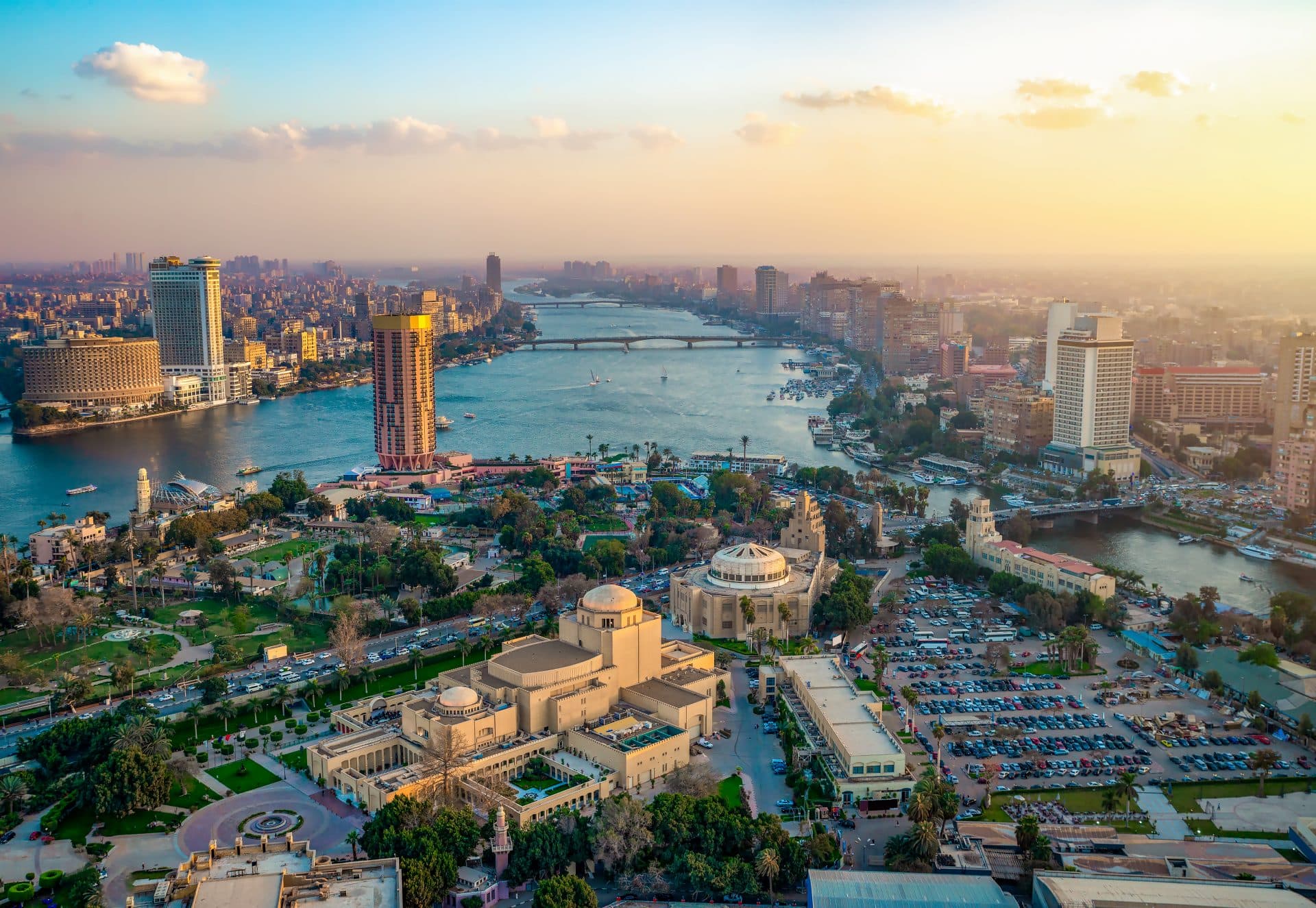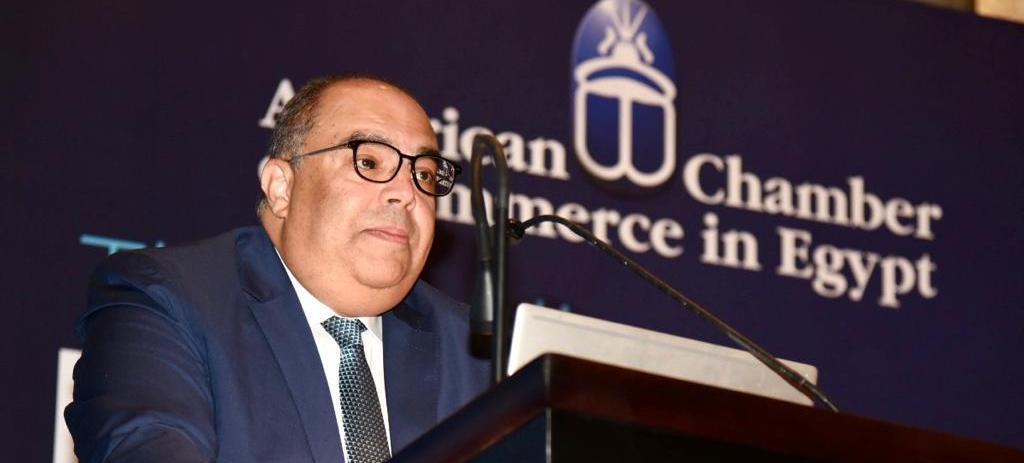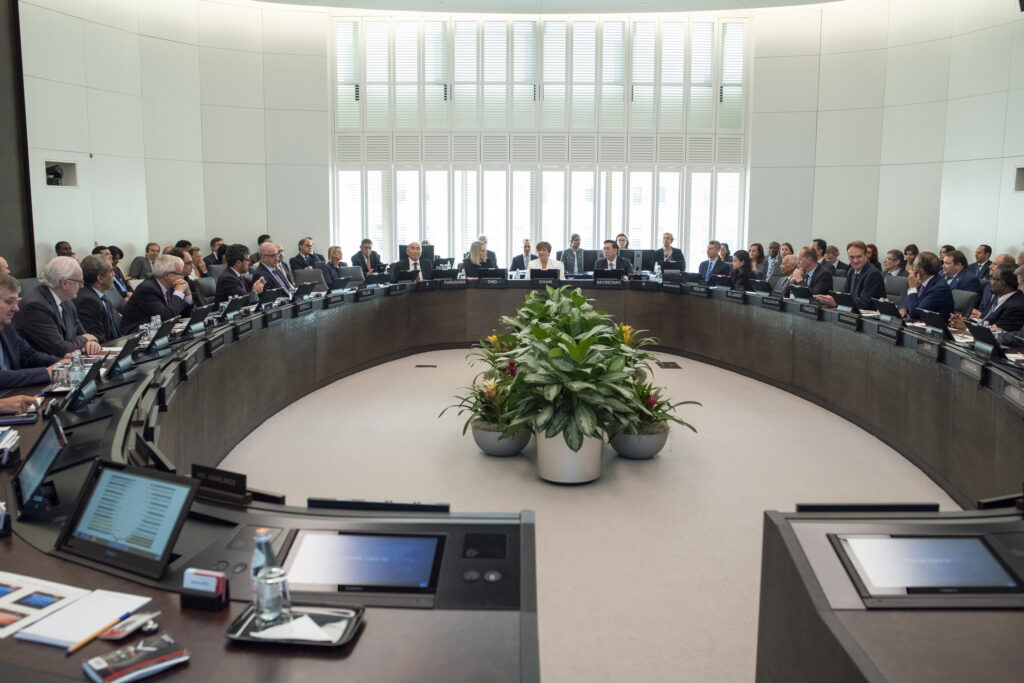In the midst of daunting economic challenges, Egypt is at a crucial juncture, prompting experts to call for a rethink of the nation’s economic priorities. As difficulties persist, a recalibration of the economic agenda is seen as vital to not only offset losses but also to foster long-term resilience.
The ripple effects of the Russian-Ukrainian conflict reverberate in Egypt, causing a decline in international net reserves (NIRs) and a shortage of US dollars in local markets. Global disruptions in the supply chain further exacerbate the situation, leading to an uptick in inflation, particularly in essential sectors like food, beverages, and services.
Adding to the economic complexity is the recent Israel-Palestine conflict in Gaza, introducing potential challenges to the balance of payments and the budget deficit. The specter of oil price increases and fiscal hurdles looms large, making a comprehensive reassessment of economic strategies all the more pressing.
In this feature, we delve into the multifaceted challenges facing Egypt and explore how recalibrating its economic priorities could pave the way for resilience and stability in these turbulent times.
“Egypt currently finds itself at a critical juncture, grappling with intricate economic issues amid the ongoing tensions in the Middle East,” Nawazish Mirza, professor of Finance and director of MSc International Corporate Finance, told Business Monthly.
New priorities
Mirza said that the economy must adopt a well-thought-out approach that places specific priorities at the forefront, all while simultaneously tackling long-standing issues related to an impending loan deal with the International Monetary Fund (IMF).
The IMF approved in December 2022 a four-year Extended Fund Facility (EFF) loan program for Egypt worth $3 billion to address the harsh repercussions of the Russia-Ukraine war. Egypt has not completed the first and second reviews of the deal yet, as the country has not fulfilled the requirements of these reviews amid the ongoing economic woes it suffers.
“Macro stability assumes utmost significance in the context of economic uncertainty. Egypt’s capacity to maintain equilibrium in key metrics like inflation, exchange rates, and fiscal deficits is pivotal in cultivating investor confidence and fostering a favorable economic climate,” Mirza said.
The economy’s overreliance on sectors like tourism (constituting approximately 13% of GDP) and remittances exposes it to external shocks. Diversification, involving broadening the economic base and decreasing dependence on specific sectors, is deemed a crucial strategy. Mirza emphasized the importance of this to reduce vulnerability to regional instability, stating that structural reforms are essential for enhancing economic resilience.
“These reforms involve improvements in the business environment, anti-corruption measures, and the encouragement of innovation and entrepreneurship. Implementing such changes can catalyze private sector growth, attract investments, and enhance the nation’s economic competitiveness. Diversifying trade partners and export markets is also a crucial aspect of reducing economic vulnerability,” he further emphasized.
Moreover, by fostering fiscal relationships beyond the Middle East and nurturing connections with countries outside the region, Egypt can insulate itself from regional instability and fortify its economic resilience, according to Mirza. In the medium to long term, Egypt should concentrate on strategic investments in critical infrastructure sectors, including transportation, logistics, and telecommunications. “The development of robust infrastructure not only amplifies the competitiveness of Egyptian businesses but also acts as a magnet for foreign direct investment (FDI), propelling economic growth and positioning Egypt as a prominent regional business hub,” Mirza added.
In 2020, Egypt was the only economy in the Middle East and North Africa (MENA) to post positive growth. It attracted a robust $5.5 billion in FDI, he noted. Therefore, it is plausible for Egypt to navigate its economic challenges more effectively and emerge as a resilient and competitive player on the global economic stage, going forward, according to Mirza.
In its penultimate meeting for 2023, held in November, the Monetary Policy Committee (MPC) of the Central Bank of Egypt (CBE) kept the current key interest rates unchanged, which signaled the CBE could maintain such an action in the MPC coming meeting in December, as focusing on boosting the country’s GDP growth is a must rather than containing the inflation.
Financial stability
In an interview with Business Monthly, Hany Abou-El-Fottouh, a banking expert and CEO of Alraya Consulting, highlighted that the government should prioritize maintaining financial stability, effective management of public debt, enhancing governance in the fiscal sector, supporting GDP growth, and improving the social conditions of citizens. These areas, he noted, are crucial given the serious implications of the ongoing global and regional crises.
“Ensuring the country’s financial stability is crucial amid ongoing regional tension, shielding the economy from external shocks. Managing public debt involves pausing the tightening of monetary policy to prevent increased costs in public debt services due to higher interest rates,” explained Abou-El-Fottouh.
He emphasized that other areas, such as long-term fiscal system confidence, revenue generation, and the country’s ability to counter shocks, are also important. Regarding Egypt’s IMF loan deal, Abou El-Fottouh acknowledged the difficulty in predicting its future amid ongoing challenges. He noted that the IMF previously praised Egypt’s actions in progress on its IPO program, replenishing USD liquidity, balancing with the private sector, and reducing government expenditure, which could signal positive developments in the deal negotiations. However, the timing and details remain uncertain.







